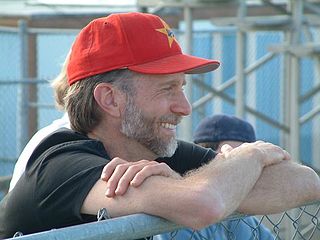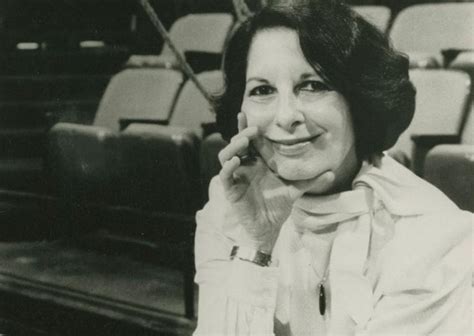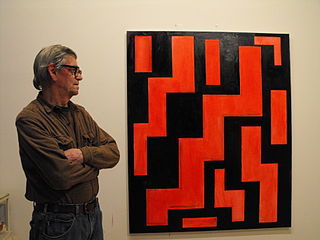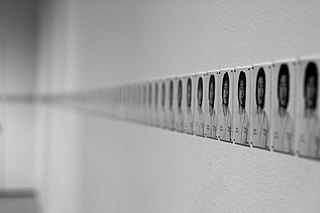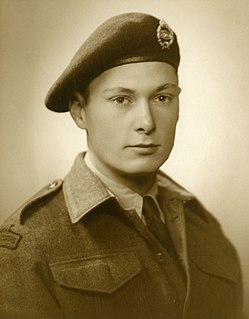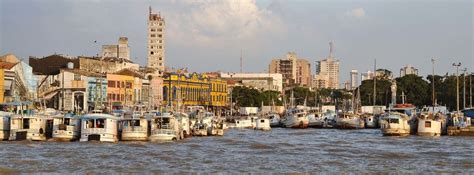A Quote by Joseph Beuys
I work in the field of art, and you know how during a period of Marxist ideology, fewer people are inclined to believe in the power of the culture as a whole: they believe in the revolutionary potential of economics, class struggle theory.. ..Therefore it's time to show that art means the power of creativity, and it's time to define art in a larger way, to include science and religion too..(1973
Quote Topics
Related Quotes
As a composer, I believe that music has the power to inspire a renewal of human consciousness, culture, and politics. And yet I refuse to make political art. More often than not political art fails as politics, and all too often it fails as art. To reach its fullest power, to be most moving and most fully useful to us, art must be itself.
I believe that all great art holds the power to dissolve things: time, distance, difference, injustice, alienation, despair. I believe that all great art holds the power to mend things: join, comfort, inspire hope in fellowship, reconcile us to our selves. Art is good for my soul precisely because it reminds me that we have souls in the first place.
Art is personal, originating from dreams, ideas, neuroses; art is shared, harkening back to the humans around the fire; art imbues pleasure and power by enabling people to know reality...Art is a necessity because it is a way of knowing...Is the need for truth physiological? Art exists out of time...images may be different bu there is always a repetition- a thread.
Warhol and other Pop artists had brought the art religion of art for art's sake to an end. If art was only business, then rock expressed that transcendental, religious yearning for communal, nonmarket esthetic feeling that official art denied. For a time during the seventies, rock culture became the religion of the avant-garde art world.
I perform in art time and in real time, and you can't tell the difference - no one knows how to separate a real act from an art act in my work. When I lived on the street for a year, people only knew that I was homeless. They didn't know that I was an artist doing a piece. I have to use real time in my work. I do, however, have to find a subtle way of documenting real time, in order for people to have a response. That means punching into a work clock every hour in the case of one piece.
I think art is the only political power, the only revolutionary power, the only evolutionary power, the only power to free humankind form all repression. I say not that art has already realized this, on the contrary, and because it has not, it has to be developed as a weapon, at first there are radical levels, then you can speak about special details.
Gradually, ... the aspect of science as knowledge is being thrust into the background by the aspect of science as the power of manipulating nature. It is because science gives us the power of manipulating nature that it has more social importance than art. Science as the pursuit of truth is the equal, but not the superior, of art. Science as a technique, though it may have little intrinsic value, has a practical importance to which art cannot aspire.
I believe Picasso's success is just one small part of the broader modern phenomenon of artists themselves rejecting serious art- perhaps partly because serious art takes so much time and energy and talent to produce-in favor of what I call `impulse art': art work that is quick and easy, at least by comparison.
There is a good deal of art that in some traditions of conceptual work are anti-affect, in fact a very large chunk of mainstream art after 1950 took against affect art altogether because they said, "No, we hate affect art because this is how we get manipulated by totalitarianism and therefore artists shouldn't play that game." And a lot of artists agreed to play that game, which I personally believe is to the loss of art.


